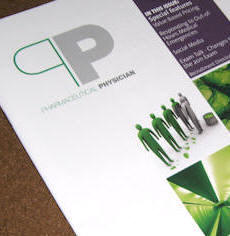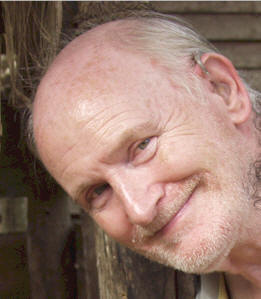

Hugh Gibbons'
references and extra information
PPhunnybone for July
2012
for
pharmaceutical physicians, colleagues and friends

 |
||
|
|
Hugh Gibbons'
references and extra information
|
|
|
PPhunnybonus Home |
PPhunnybones References |
PPhunnies at Work |
PPhood
for Thought |
PPhurther Education: Dip.App.Gelotology |
PPhunnybonus Contact |
|
|
|
||
|
Click
for article Never a Cross Word |
|||
|
|
This is the article appearing in the July edition of PP |
|
|
|
Across the decades, many a cross word has passed between my family and me. Oops! That’s crossword. Most days we share the Guardian Cryptic Crossword. For us, this has important personal and social benefits: exercising the mind differently; a sense of achievement even if we solve only a couple of clues; daily, a new challenge; a valuable opportunity to release endogenous endorphins by saying: “Well done.” No, we’ve never won a prize; it’s the taking part that counts. And we’ve developed some protocols that problem-solvers of all sorts might consider. For example, don’t ink in an answer until you’re all agreed. For us, the enjoyment comes from deliberate co-operation, pooling diverse knowledge, and using our different ways of thinking. So we’d recommend a quiet Crossword Corner as something many a medical department might profit from. Declare it a phone-free zone, with at least two chairs. And provide a crossword for anyone to visit, anytime, freed from the usual pressures of desk or screen. The world’s largest needs a 7' by 7' wall space and has 28,000 clues for over 91,000 squares. (Marketing might prefer Spike Milligan’s. There’s just one light: 1Down is the first letter of the alphabet; 1Across is the indefinite article.) Many crosswords ask for general knowledge. For these, our well-thumbed Bradford’s Crossword Solvers Dictionary can be a sort of MIMS-cum-BNF. More testing are cryptic ones- rich in witty clues, using anagrams, buried words, puns, and all the ambiguity of meaning and pronunciation that makes English infuriating and enlivening – often in the same syllable. Physicians should be aware that all this has clinical benefits. The Cochrane Library has a reference to crossword-solving and reducing stress before surgery. (But I’d rather conventional pre-med, thank you very much.) However, research at the University of Leeds “…has shown that cryptic crosswords can help improve cognitive functioning in later life, which might not be the case for general knowledge crosswords. Overall the take-home message is continue doing the cryptic crosswords, even if they are a struggle! A cryptic crossword requires the solver to use many different cognitive domains and constantly ensures that one is on the right track…” In May, Venezuelan crossword setter Nepoti Segovia was accused of hiding a coded message to assassinate President Hugo Chavez's brother. The idea might travel! To wind up colleagues in a somnolent Marketing strategy meeting, casually suggest paying crossword setters to include product names and references in all publications read by prescribers and decision-influencers… But NB: the setter of what you think is a BMJ crossword may actually be working on the monthly one for the Builders Merchants Journal. Above all, crosswords offer a lesson for business life. It’s invaluable to define a simple over-riding question to ask the instant you think you’ve found the answer to a problem. For crosswords: does it have the right number of letters? That’s why if you’re asked for what’s said to be the largest known protein (5), don’t start inking in the full chemical name of 189, 819 letters. Think “titin”. |
|||

For more information at any time,
contact E-mail: hughgibbons@just1.org.uk
|